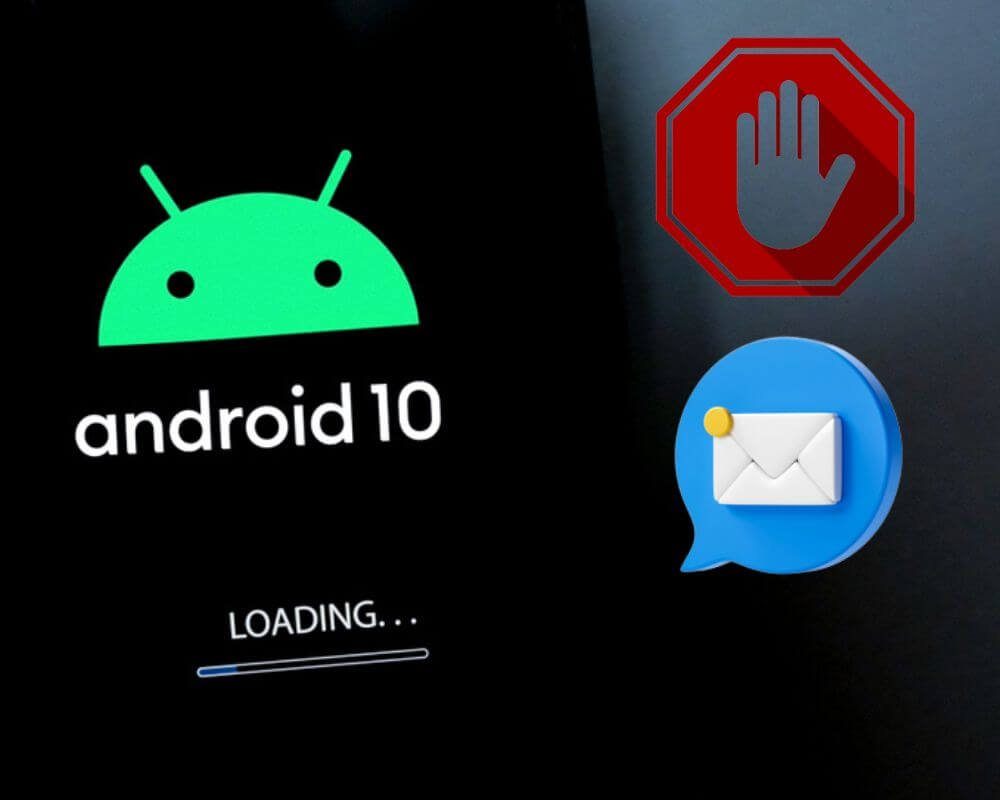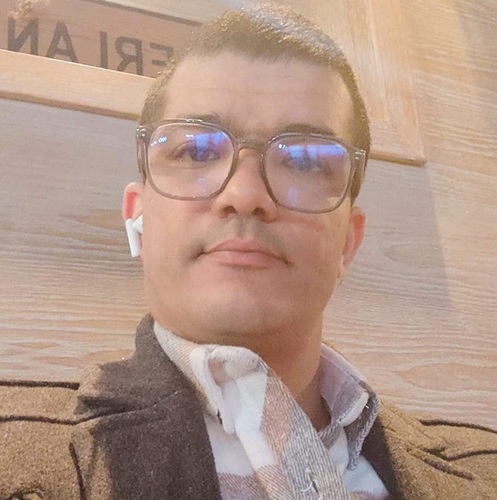You are scrolling through your contacts list and you come across the name of a friend who used to mean the world to you. But as you try to message them, all your messages remain unsent. Congratulations! You’ve been blocked on Android. It can be frustrating when someone blocks you on their phone without any explanation or resolution, but don’t worry! This blog post will give you 8 easy ways that’ll help you know how to text someone who blocked you on Android like a pro. Whether it’s reaching out for closure or just wanting to reconnect with an old friend, we’ve got your back so let’s get started!
Quick Navigation
- Use a different number
- Send anonymous message
- Try to Send an email
- Use a third party application
- Try a random phone number generator
- Ask a mutual friend for help
- Reach out through social media
- Call the person while hiding your caller ID
1- Use a Different Number
The first solution to get in touch with someone who has blocked you is to use a different phone number. If you have access to another phone. You can use it to text the person who has blocked your original number.
Suppose you don’t have a friend or family phone number. There are still options available to you! You could try getting a temporary or disposable number from various apps and websites that offer this service. You can use these numbers for texting and calling without revealing your real identity.
Another alternative is to use Google Voice which allows users to create an additional phone number. This method can be useful if you want to keep your personal information private while trying to send a message to someone who blocked you on Android.
However, keep in mind that using a different number may not always work. Some people may recognize your new phone number or choose not to respond. So make sure you are prepared for any outcome before attempting this method.
2- Send Anonymous Message
Sending an anonymous message can be a useful strategy in certain situations. With this method, you can communicate with the person without giving away who you are.
There are several platforms available that provide this service, including websites and apps such as Texttasy and anonymoustext. These platforms allow you to send your message anonymously from their server.
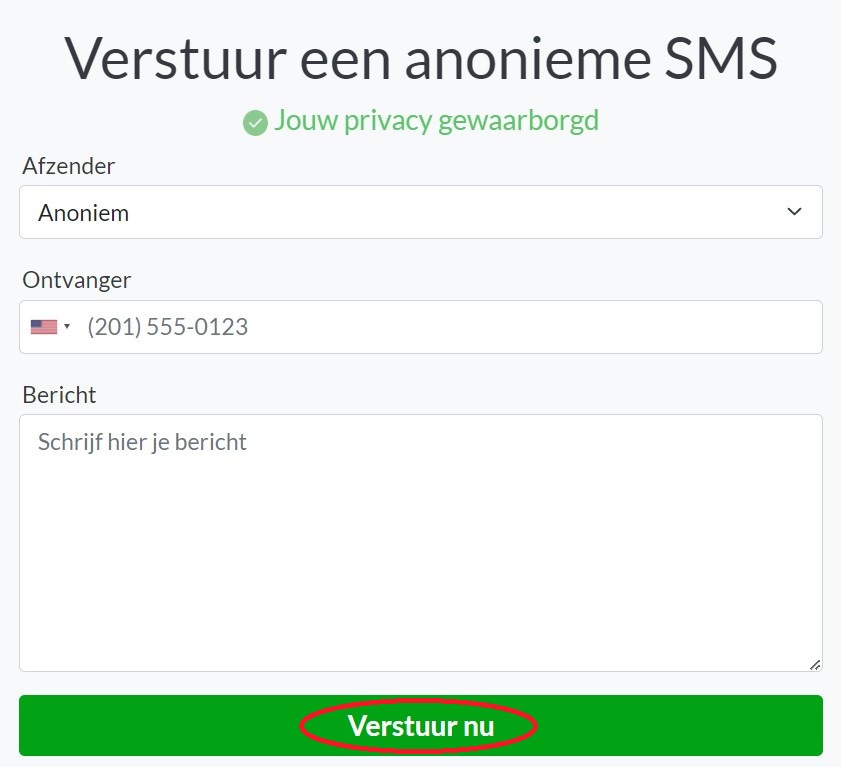
Before opting for this method, it’s necessary to consider the potential consequences of sending messages anonymously. The recipient may become suspicious or feel nervous about receiving messages from unknown sources.
Moreover, if the content of your message is inappropriate. Then sending an anonymous text could result in legal action being taken against you. Therefore, use this technique when completely necessary and ensure that your message remains respectful and appropriate at all times.
In addition, some people may find anonymous connections disturbing. Therefore, try not to always rely on such methods as they may lead others to feel uncomfortable about speaking to us in the future.
3- Send an Email
You can try sending an email to the person who blocked you if texting or calling fails. However, keep in mind that this solution may not work if the person has also blocked your email address.
If you need to share crucial information and you have no other way to do it. Sending an email can be a viable solution. Write an attractive and clear subject line so that the recipient can read it.
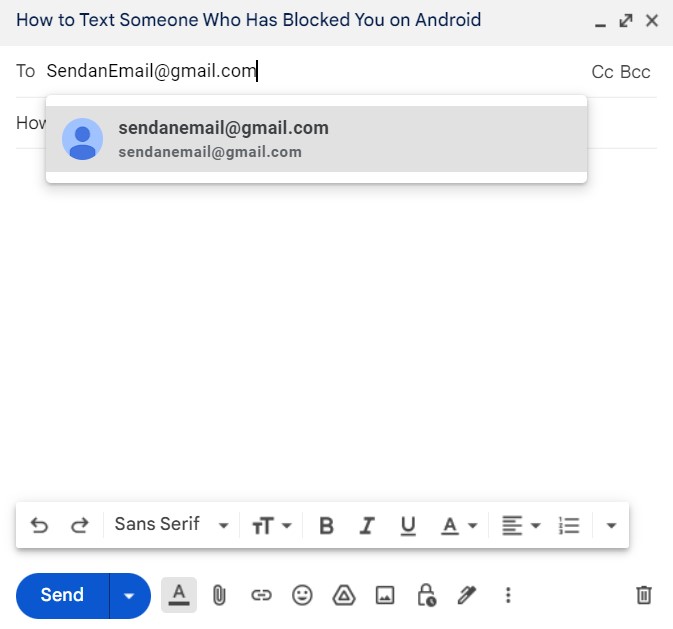
Make sure to use a polite tone in your message. Even if you are feeling frustrated about being blocked. Explain why you are reaching out and what you hope to achieve from emailing them.
Keep your email brief and straightforward, as lengthy messages can be overwhelming for the recipient. Be respectful of their time and avoid sending multiple follow-up emails if they do not respond.
4- Use a Third-Party App
Using a third-party app is another free option to contact someone who blocked you on Android. There are many applications available to help you bypass the block and send messages or SMS via server.
One such app is TextNow, which provides users with a free phone number to use for text messages and outgoing calls. This means you can create a new account using TextNow. Get assigned a different number and start messaging the person who has blocked your original number.

Another popular app is Hushed which also allows users to create temporary phone numbers for Wifi calling and texting. You can choose from various area codes depending on your location and even set up voicemail services.
In addition, third-party apps are not always reliable or secure. Some require payment after an initial trial period or have hidden fees that could end up costing more than expected.
Before downloading any third-party app. Make sure to thoroughly research its features and reviews from other users online.
5- Try Random Number Generator
One possible solution to reach out to someone who blocked you on Android is by using a random number generator. This option works best if you don’t know the person’s new contact information. But still want to see if they will receive your message.
You can look up online or download an application that generates random phone numbers. Once you have a list of potential numbers. It’s time to test them out one by one until you find a functional number.
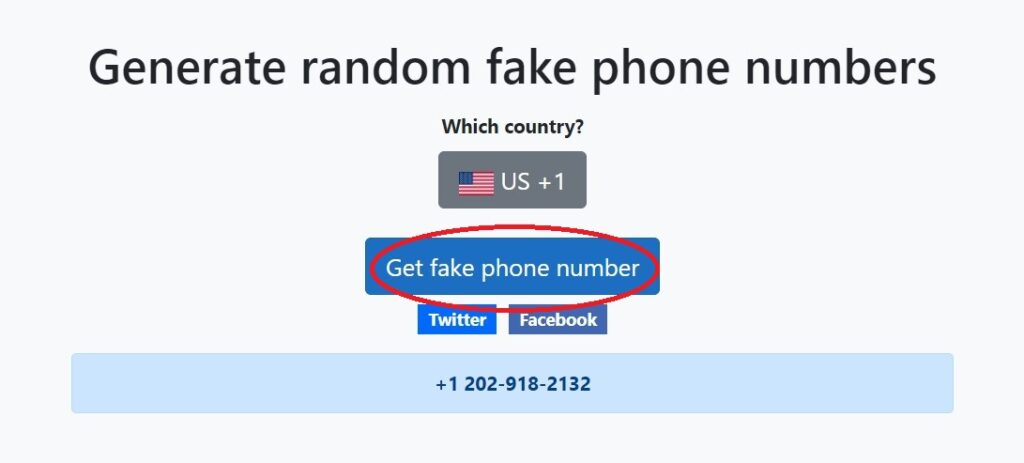
When sending a message from an unknown number. Make sure to keep your tone respectful and non-intrusive. Avoid coming across as creepy or harassing in any way, as this might backfire and worsen your chances of getting unblocked.
If the person responds positively and decides to resume communication with you. Don’t take their gesture for granted. Use this opportunity to reflect on what led to the blocking incident and how you can prevent similar conflicts from happening again.
Of course, there is no guarantee that randomly texting someone will result in reconnection. But at least it shows that you are willing to put yourself out there and take a chance rather than giving up entirely on repairing relationships.
6- Ask a Mutual Friend for Help
You could ask a mutual friend for assistance. Contacting someone who has a relationship with both of you may be the key to getting your message across, without coming off as obtrusive or desperate. This can help maintain your self-respect and avoid uncomfortable disagreements.

When approaching the middleman, make sure to display respect and consideration. Also, recognize that it’s possible that the blocked person doesn’t wish to talk to you. If they’re willing to assist, they may be able to facilitate a talk between you two or provide guidance on what led to the block.
Asking a friend for help is a practical way of navigating awkward social situations, however, it should be done tactfully and responsibly.
7- Reach Out Through Social Media
Another excellent way to text someone who has blocked you is by using social media platforms. Social media like Facebook, Twitter, Instagram, and Snapchat allow users to send messages and connect with others easily.
Try searching for their profile on different social media platforms. If you are not already connected with them on these sites. Send them a friend request or follow them if possible.
If they accept your request or follow you back, send them a message explaining the situation politely. Approach the situation with sincerity, but avoid being too aggressive or pushy.
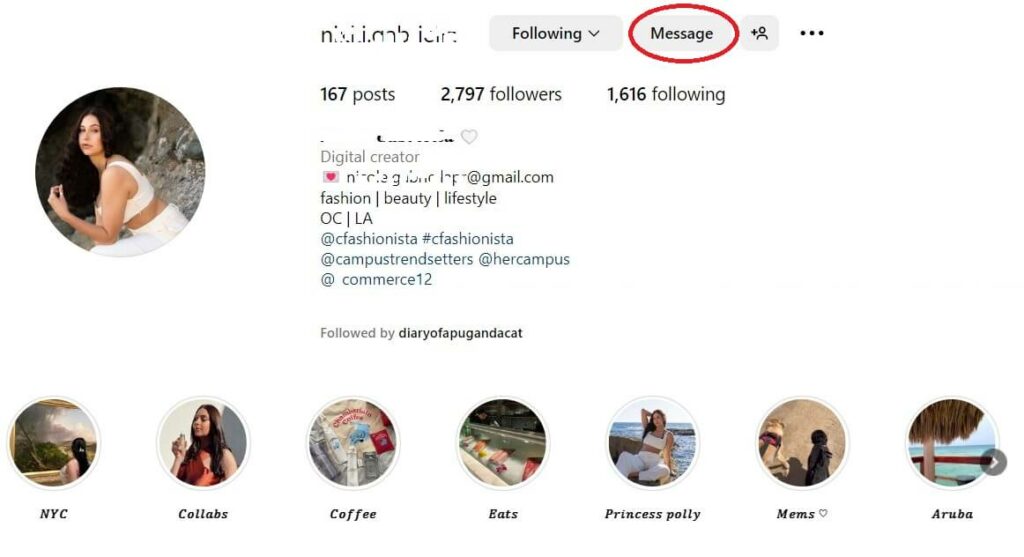
Remember that even though you can see their profile and interact with them on social media platforms doesn’t mean they will respond to your text. You should respect other person decisions if they choose not to accept your friend request or reply to your message.
When all else fails, consider taking a break from contacting this person and focusing instead on moving forward. It’s always better for our peace of mind to just focus our energy on something positive rather than getting stuck chasing something we cannot have.
8- Call the Person While Hiding Your Caller ID
Another option is to call them while hiding your caller ID. This means that when you make the call. Your number won’t be displayed on their phone.
- Go to Settings
- Select Additional Settings
- Click on Caller ID and choose the option to hide your number
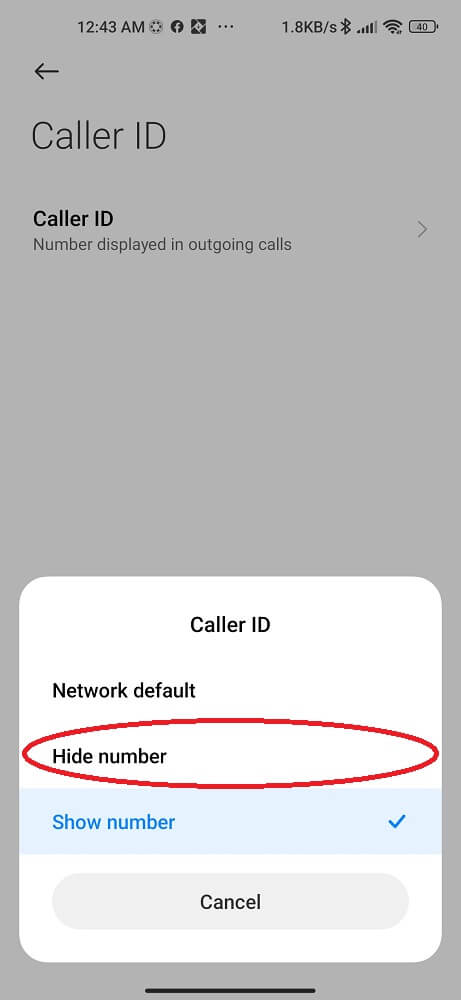
Once you’ve done this, dial the person’s number as usual. While this step may allow you to get through to someone who has blocked you. It’s essential to consider how they might react if they find out it was you calling. They may feel violated or uncomfortable knowing that someone they have actively blocked is still trying to contact them.
It’s also worth noting that some people may not pick up calls from unknown numbers or private numbers. So, even if you manage to get through using this method. There’s no guarantee that the other person will actually engage with you in conversation.
Calling someone while hiding your caller ID can be a good way of reaching out if all other options have failed. However, it should only be used cautiously and with consideration for the other person’s feelings and limitations.
Conclusion
Texting someone who has blocked you on Android can be a tricky situation but with the right approach, it is possible. We hope our 8 easy ways have given you some insight into how to handle this delicate situation. From using a different number or app to sending an email or even making sure your messages appear as notifications rather than SMS. There are many ways to reach out to someone who has blocked you. Finally, choosing the best method for contacting someone will depend on your relationship and what you want to accomplish – good luck!
